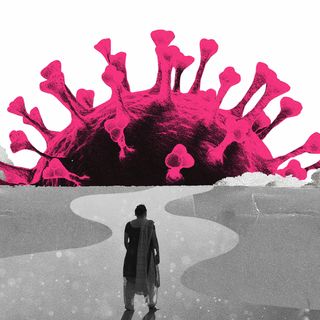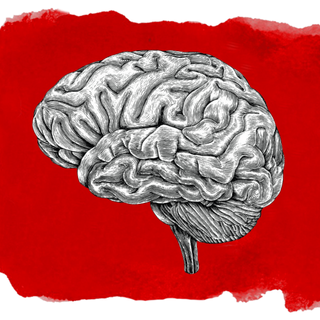In children who show symptoms of insomnia, there exists an almost three-fold risk of mental health disorders like depression and anxiety later in life as young adults, according to a recently published longitudinal study conducted over a 15-year period. The findings show the importance of addressing childhood insomnia — to ensure it doesn’t evolve into mental health disorders in adulthood.
Published in University of Oxford’s peer-reviewed journal Sleep last month, the study defined “insomnia symptoms” as a moderate-to-severe difficulty in sleeping, or lack of uninterrupted sleep.
The study spanned 15 years and examined data from a sample of 700 children — with an average age of 8 years. The researchers followed up with more than 400 participants 7.5 years later when they were adolescents, and again, 15 years later when they were young adults.
The results suggested that in cases where an individual’s insomnia persisted from childhood, through adolescence, and into adulthood — the risk was the highest, irrespective of a past diagnosis of anxiety and mood disorders, or medication use.
Related on The Swaddle:
Napping Isn’t Lazy; It’s Genetic, Researchers Find
In contrast to this, study participants who developed insomnia symptoms at some point during the course of the 15-year study — but hadn’t exhibited similar symptoms when the study began — the risk was lower, at almost two-fold, but still very much present. However, those who outgrew their symptoms within this period didn’t face any such increased risk later on in life.
“[C]hildren whose insomnia symptoms improved over time were not at increased risk of having a mood or anxiety disorder as young adults,” Julio Fernandez-Mendoza, a scientist-clinician focusing on sleep research at the Penn State College of Medicine in the U.S., who led the study, said in a statement.
To prevent adverse long-term outcomes, the researchers recommend interventions for sleep-related concerns in children — the earlier the better. “These new findings… indicate that early sleep interventions are warranted to prevent future mental health problems,” Fernandez-Mendoza added.
Emphasizing the need for intervention, he warned that “40% of children do not [naturally] outgrow their insomnia symptoms in the transition to adolescence and are at risk of developing mental health disorders later on during early adulthood.”
As the world continues to reel from the unprecedented mental health crisis brought on by the pandemic — studies like this can, perhaps, help ease the global mental health burden of future generations, who already face a risk of worse mental health due to a variety of socio-environmental factors.




